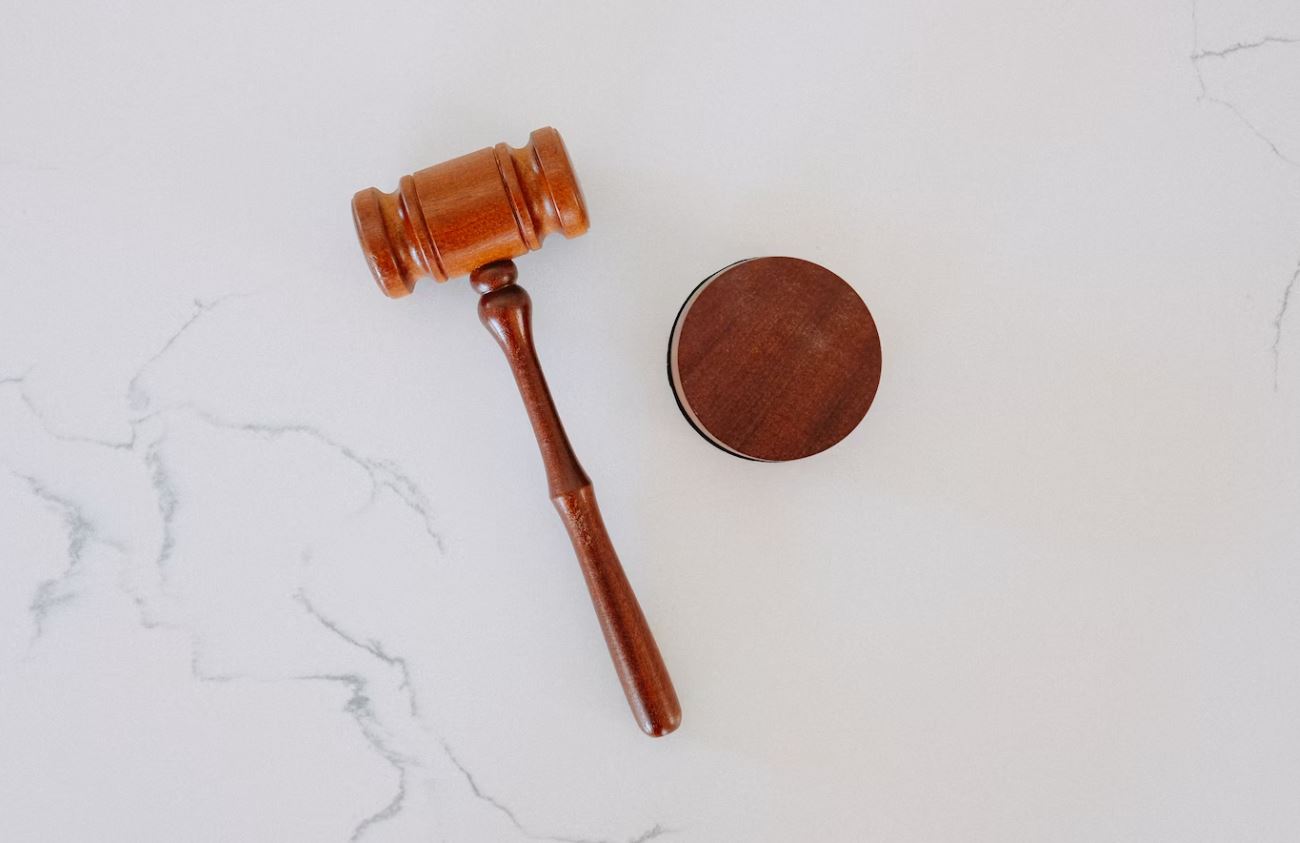An Exploration of Personal Injury Claims and the Legal Processes Involved

In the wake of unforeseen accidents and cases of negligence, individuals are often thrust into a complex legal landscape. The pursuit of justice and rightful compensation involves navigating a maze of legal processes, each step crucial in securing a fair resolution.
Personal injury claims necessitate a specific understanding of the circumstances at play in the particular claim. According to On The Map Marketing, every year in the United States, 39.5 million personal injury complaints requiring medical care are filed.
Navigating these claims involves understanding the role of swift medical attention, the need to collect evidence, and the importance of skillful negotiation with insurers.
In this article, we will provide a comprehensive exploration of personal injury claims. We will discuss the legal intricacies of personal injury claims and offer insights for navigating the process effectively.
The Anatomy of Personal Injury Claims
Personal injury claims span a wide spectrum. This includes incidents from slip-and-falls to car accidents. These claims typically hinge on establishing negligence or intentional harm.
Understanding the various types of injuries that may lead to a claim is fundamental to navigating the legal landscape effectively. Each case is unique, demanding a tailored approach for the best possible outcome.
The Importance of Timely Medical Attention
Timely medical attention is not only imperative for one’s well-being but also crucial for the success of a personal injury claim. Seeking immediate medical help not only addresses health concerns promptly but also establishes a clear link between the incident and the injuries sustained.
According to Legal Desire, some injuries such as whiplash or internal bleeding, may not exhibit symptoms right away. However, if left untreated, they can have serious repercussions later on. A healthcare expert can conduct an in-depth assessment and document your injuries, which is necessary when making an insurance claim or filing a lawsuit.
Documenting medical treatment comprehensively ensures a compelling narrative in court. Understanding the full extent of your injuries is essential for accurately presenting your case.
Gathering Evidence for a Strong Case
Building a robust case necessitates the collection of compelling evidence. This includes witness statements, photographic documentation, medical records, and any other pertinent information.
Thorough evidence-gathering significantly enhances the chances of a successful claim. Detailed and organized evidence is the backbone of a persuasive legal argument. Additionally, preserving physical evidence can provide crucial support to your claim.
Navigating the Negotiation Process
Negotiating a fair settlement is a critical stage in personal injury claims. This involves interactions with insurance companies, who assess liability and determine compensation.
According to Forbes, the first stage in proving negligence is demonstrating that the defendant owes the plaintiff a duty of care. This may appear to be the most difficult part of negligence to establish. However, with the help of an expert personal injury lawyer, you can get by this stage with fairly minimal effort.
Understanding the dynamics of negotiations and employing effective strategies is essential for achieving an equitable resolution. Patience and persistence are key virtues during negotiation, as parties strive to find common ground. Seeking alternative dispute resolution methods can sometimes expedite the negotiation process.
The Role of Legal Representation
Having legal representation is a game-changer in personal injury claims. Attorneys bring expertise in navigating legal complexities, dealing with paperwork, and negotiating on behalf of their clients.
Their presence substantially strengthens the claimant’s position and increases the likelihood of a favorable outcome. A skilled attorney acts as both a legal advocate and a source of support throughout the process. Additionally, they can provide valuable guidance on potential alternative dispute resolution methods.
The Significance of Local Lawyers
Opting for local lawyers offers distinct advantages. They possess an in-depth understanding of local laws, are familiar with the nuances of regional courts, and often have established relationships within the community.
This local insight enhances the effectiveness of legal strategies and fosters a stronger case. TorHoerman Law notes that local lawyers not only understand the law but also the unique dynamics of the community, providing a comprehensive advantage.
Whether it’s Missouri’s diverse landscapes, New York City’s hustle and bustle, or California’s sun-drenched coasts, understanding local legal expertise is crucial. Understanding regional intricacies strengthens cases, ensuring effective personal injury representation.
In Missouri, St. Louis is one of the largest cities, where local lawyers navigate the state’s legal intricacies with finesse. As a vibrant urban center, St. Louis presents unique challenges and opportunities for those seeking legal recourse after personal injuries.
With its state-specific laws such as the pure comparative fault system, navigating these legal intricacies requires a specific approach. With a keen understanding of Missouri’s specific laws and regulations, a St. Louis personal injury attorney can become an invaluable ally.
The Litigation Process and Courtroom Dynamics
When negotiations falter, the litigation process takes center stage. Filing a lawsuit initiates a series of legal proceedings, culminating in a courtroom trial. Understanding the steps involved in litigation, from discovery to the dynamics of courtroom presentations, is vital for those pursuing a personal injury claim.
A well-prepared and confident presentation during the trial is crucial for the success of the litigation process. Additionally, being aware of potential challenges in court can help in crafting a more resilient legal strategy.
Key Takeaways
In navigating the complicated world of personal injury claims, a proactive approach encompassing swift medical attention, meticulous evidence collection, and strategic negotiation is critical. Legal representation, particularly from local experts attuned to regional nuances, substantially fortifies one’s position.
Whether traversing negotiations or courtroom dynamics, comprehension of the legal process is fundamental. The pursuit of justice in personal injury cases demands diligence, persistence, and a nuanced understanding of the complexities involved.
As individuals strive for equitable resolutions, informed actions and adept advocacy emerge as linchpins, ensuring that the path to rightful compensation is navigated smoothly.
